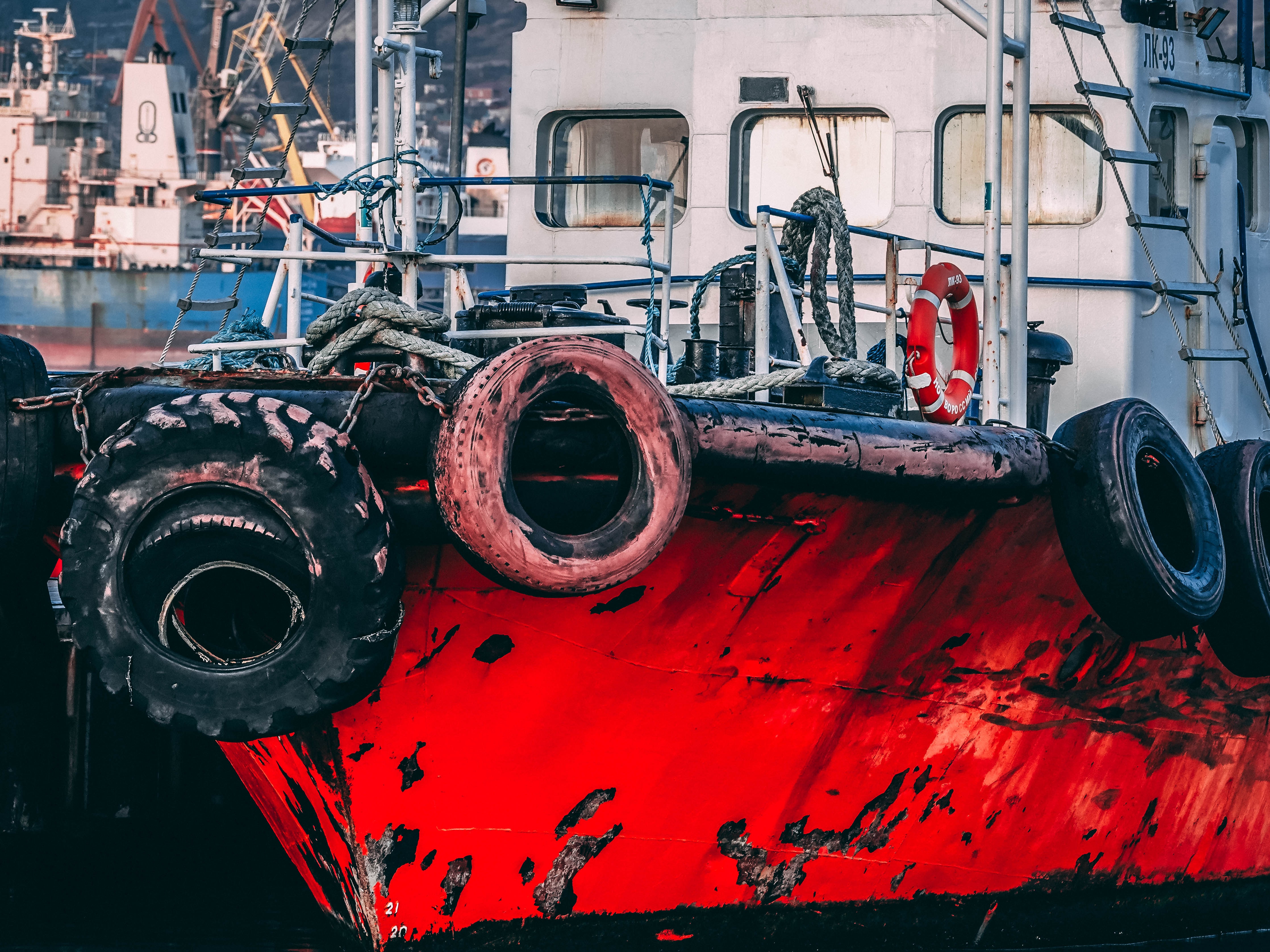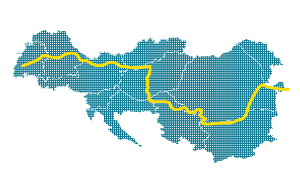Waste as a resource
Despite Croatia is lagging in a transition towards circular economy there have been significant amount of successful waste-to-resources stories.
The major driver for progress in the sector of the waste management was introduction of extended producer responsibility obligation that came into force in 2007 for several waste streams such as packaging waste, end-of-life vehicles, waste oils, waste batteries and accumulators, waste tyres and EEE waste.
Recycling of waste tyres

A national goal for waste tyres recycling is 80 % of the total mass of waste tyres separately collected in a year. In 2017 recycling rate of the waste tyres exceeded the goal and accounted 92 % of the total mass of the waste tyres separately collected. The rest of the waste tyres have been recovered by energy treatment.
The GUMIMPEX-GRP company from Varaždin is the most important recycler of the waste tyres in Croatia. It started recycling waste tyres in 2005. The main goal has been reduction of adverse effect of waste tyres and use of valuable rubber material. Using modern technology GUMIIMPEX – GRP from used waste tyres produce granulates of different sizes further being used in various economic activities: construction, transport, agriculture and infrastructure such as production of the rubber bases for sport terrains and children playgrounds.
Packaging waste
In Croatia, the deposit-return system came into effect in 2006. Deposit is established for single-use beverage containers of greater volume than 0.2 litres made of plastic (PET), metal (aluminium and iron) and glass containing alcoholic and non-alcoholic beverages, soft drinks and waters. Thanks to deposit-return scheme, collection rates of single use bottles has become impressive. Official report shows that in 2017 collection rate for PET bottles accounted 94 % and for glass bottles 80 %.
All collected glass bottles have been recycled in the Vetropack Straza company from Hum na Sutli, member of the Vetropack Group. Depending on the type of bottles – disposable or reusable – the used glass is returned to the retailer or collected in bottle banks for recycling. From the recycling plants, it comes full circle back to the glassworks, where it is used in the production of new packaging glass.
The Drava International company from Osijek is a main recycling company for PET bottles collected in a deposit-return system in Croatia. In the mechanical recycling processes PET bottles are processed into PET folie and final products PET containers, PET preforms and caps. The Drava company collects and recycle PE plastic waste as well. PE plastic waste is being recycled into new PE folie and PE bags. While PE and PET packaging waste have been mechanically recycled into new plastic products, the Drava company also chemically recycle PE plastic waste into fuel.
From bio-waste to fertilizers
Recently there are increase in replacement of silage by biowaste in anaerobic digestion processes. The BIOEN Group operates several biogas plants in Croatia and use bio-waste from food and beverage industries and catering bio-waste as a substrate in anaerobic production of biogas and digestate that has been used as an organic fertilizer in local farms.
All these good practices show that policy measures in synergy with private incentives could more boost transition to a circular economy in Croatia.

